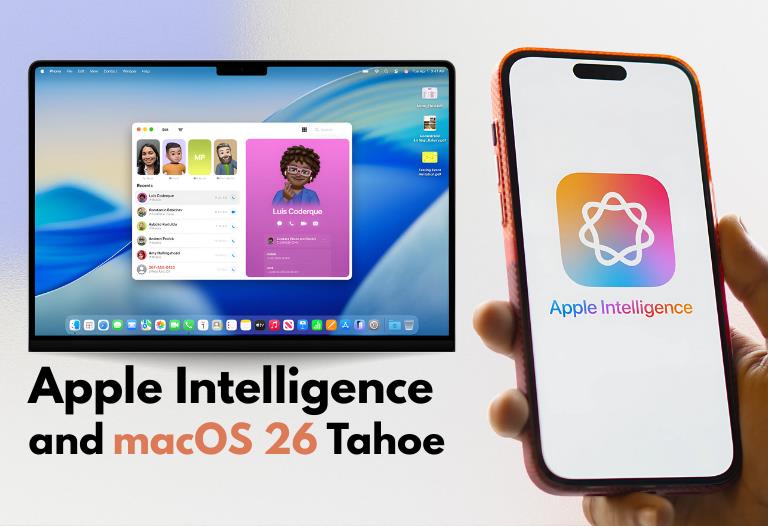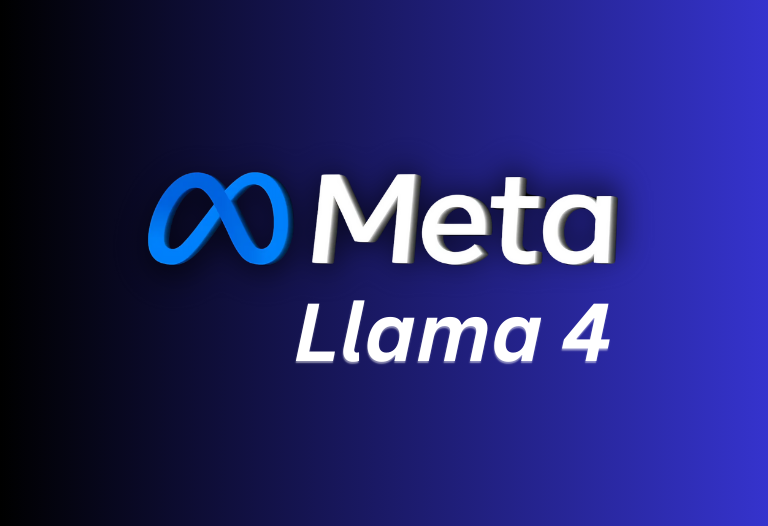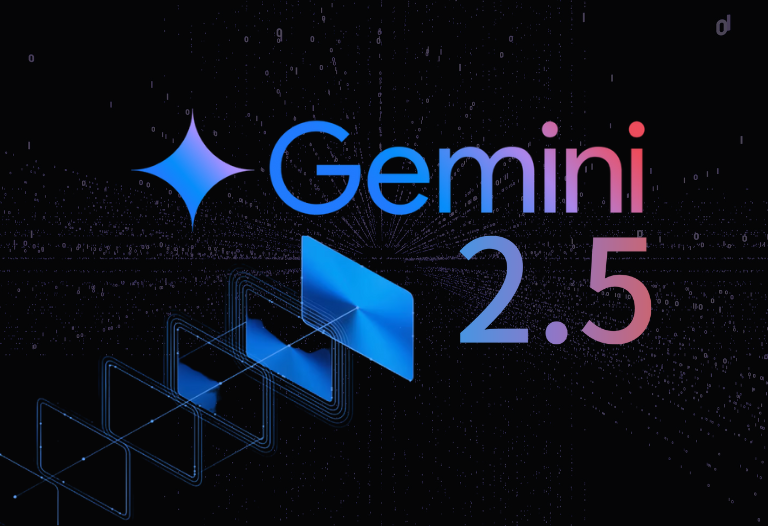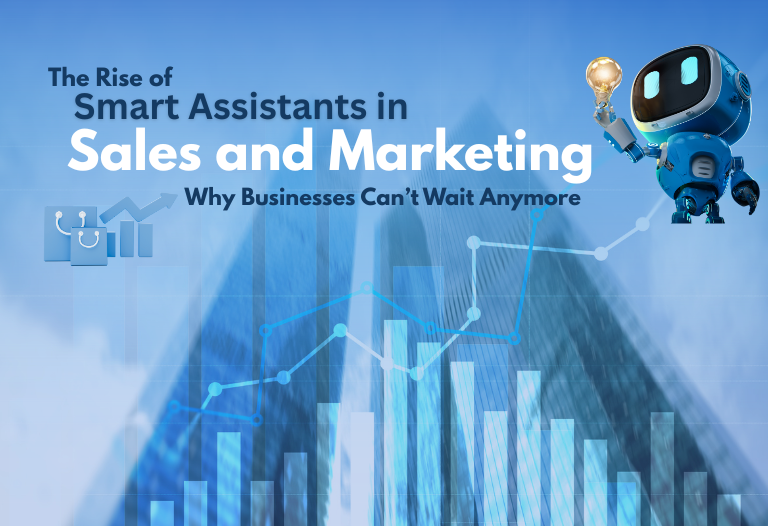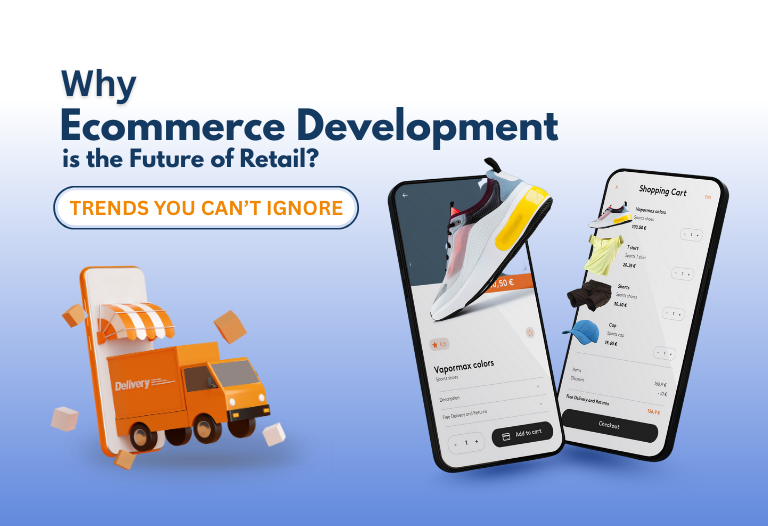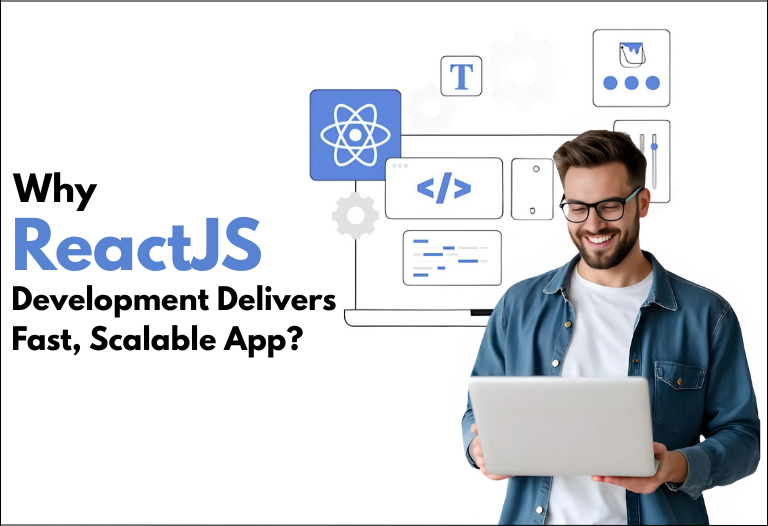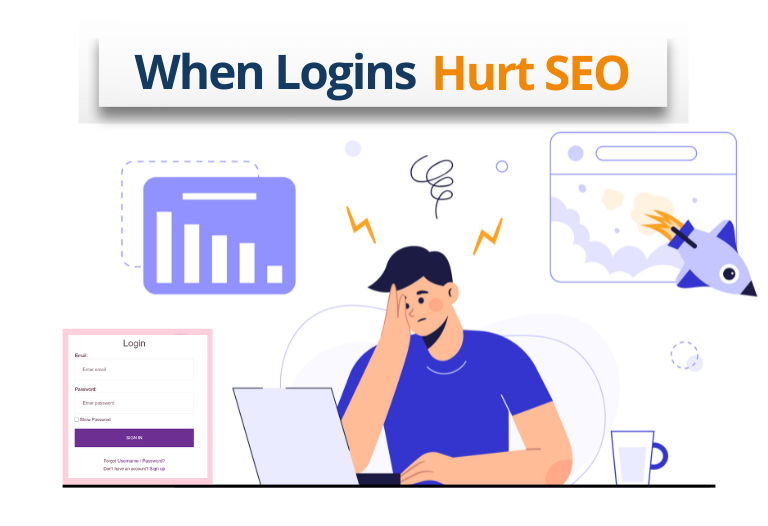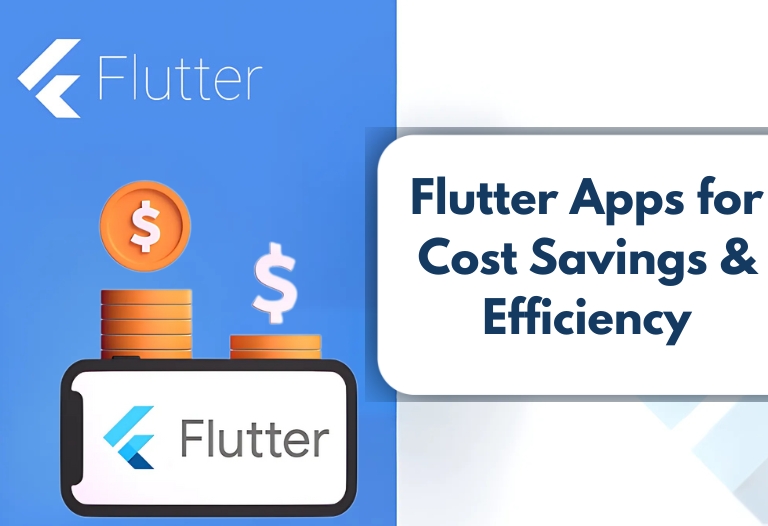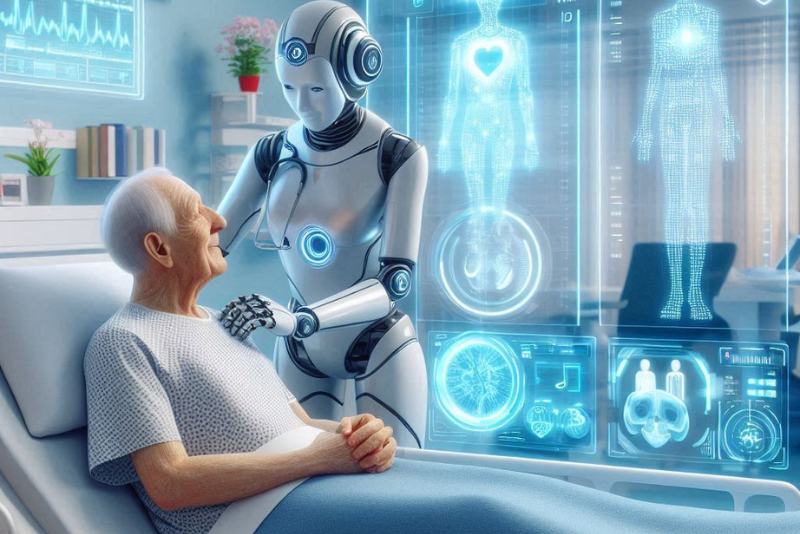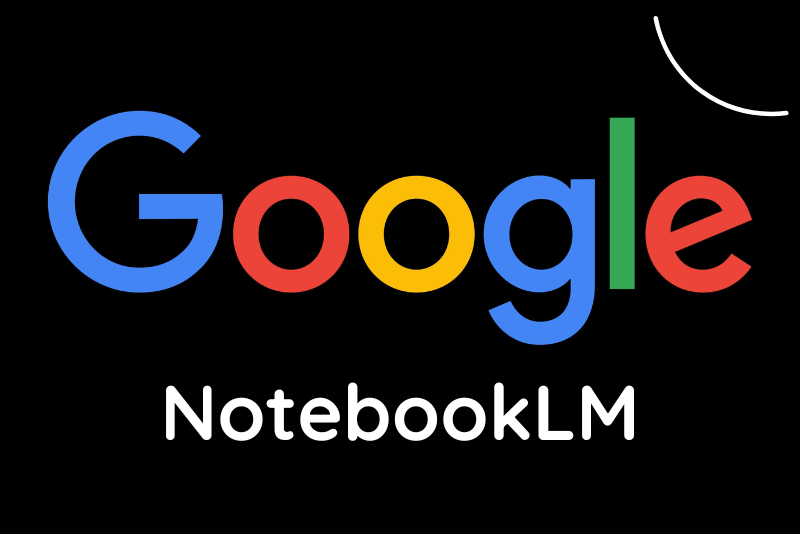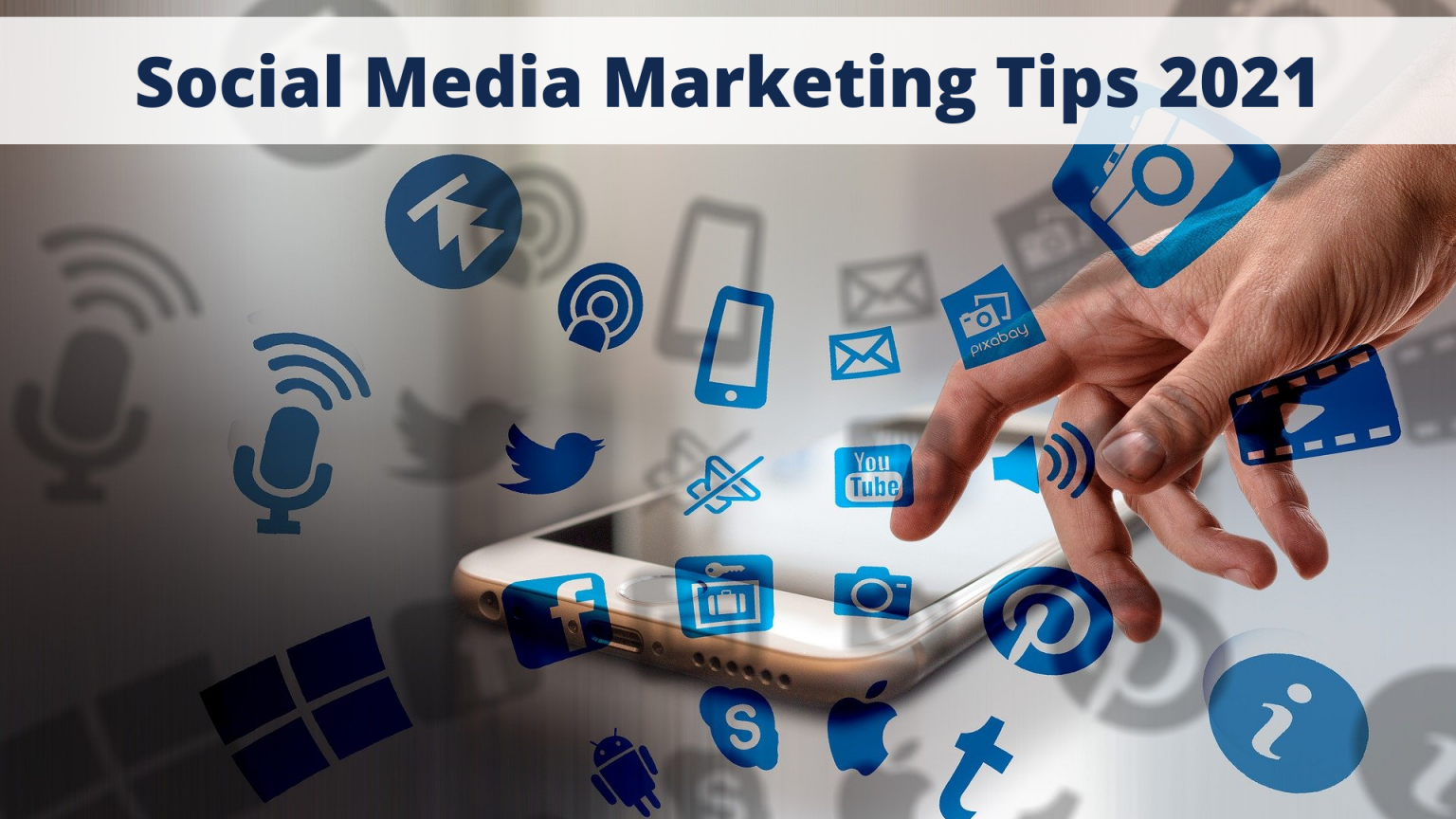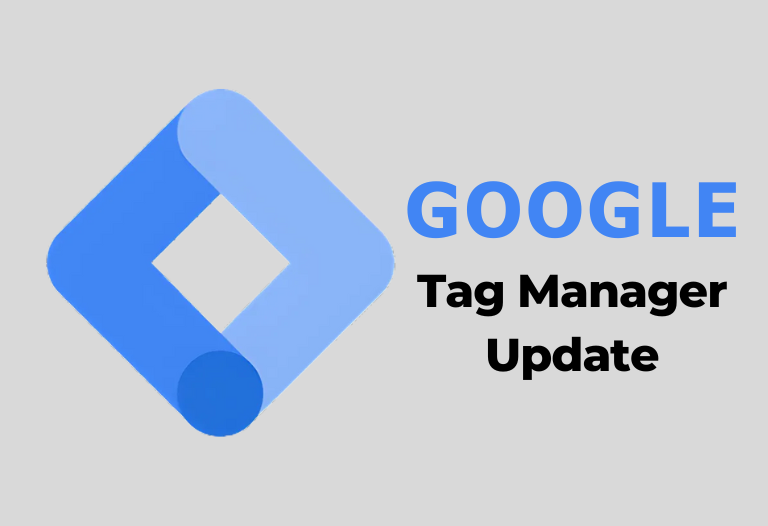
The world is witnessing a digital revolution with the advent of AI. From day to day tasks to intricate jobs, AI machines are helping humans and making work easier. Now, before we can begin to explore the impact of AI and Machine learning on Digital marketing, let’s discuss a bit more about AI (Artificial Intelligence).
The beginnings of AI can be traced back to 1950s. Norbert Wiener is responsible for the discovery and early development of AI. However, it was John McCarthy who coined the term AI and been known as the father of AI. He defined it as the science and engineering of making intelligent machines.
AI and machine learning are the buzzing technology that everyone is talking about nowadays. From our Smartphones to Smart homes, this wave of intelligent automation has become a necessity for humans. Digital marketing is one of the many industries that AI is helping revolutionize. Let’s discuss how AI and machine learning is disrupting digital marketing.
Impact Of AI On Digital Marketing
Digital marketing is all about giving customers exactly what they are looking for. The traditional marketing techniques still work, but with the added benefits of AI and machine learning – digital marketing has become the go to marketing option for companies.
In today’s fast-paced world, where people heavily rely on Internet and search engines for the services and products they need; machine learning is helping the companies understand what people want and what they are searching for. This is why the leading search engine like Google has opted for “Deep Machine Learning.” It helps Google to understand what people are looking for and then offer the most relevant information. During this process, the machine learns more about the context and gets sharper with every accurate click.
Digital marketers make use of the data gathered by the AI to understand the target audience better. This help the marketers plan strategies according to their target audience and improve conversions.
How AI changed the landscape of SEO?
Introduction of Rank Brain by Google
It is part of Google’s overall search algorithm “Hummingbird.”It helps Google to navigate through 15% of search queries that are made daily and are unrecognizable.
What does it do?
It helps Google to offer accurate search results for unusual keywords. If an unrecognized keyword is entered, it tries to guess the search query and then determine what to show for that keyword.
It Also Considers Customer Reviews
Yes, Rank Brain considers genuine customer reviews when generating search results for a particular product or service. Let us explain how it works: let’s assume you do an unfamiliar search on Google “Can’t go to Australia as it’s expensive.” What Rank Brain will do is – it will look for articles and reviews on low-budget hotels in Australia and display them on the result page.
SEE ALSO: How New Businesses Can Improve Their Visibility on Google Maps?
Micro Moment
Image source: https://goo.gl/vtR4Ok
With a steep increase in mobile users in the last 5 years, there has been a big shift in customer base from PC to mobile. This has caused a change in user behavior. This shift in customer behavior is known as Micro Moments. With users having a shorter attention span, it is getting harder for companies to keep the customers engaged. Micro Moments analyses the customer behavior and helps the marketers to create custom strategies to reach their targeted customers with engaging content.
Better Conversions and Safe Advertising
AI guarantees that only human clicks are considered on ads. It blocks robot activities on ads thus making advertising safe for the brands. With the help of AI, we can target the right customers and increase the chances of conversions. It also ensures better ROI.
Generating Content for Ads
AI is already helping in generating and optimizing ads automatically. Soon, it will be able to generate full-fledged ads and promote them. One of the largest news gathering agencies, AP has an automated content generating system in place. Big companies like Samsung, Yahoo, etc. are utilizing this system to generate articles.
“It has been predicted that 20% of the business content will be generated via machines by the end of 2018.“
The AI brain of Facebook is a fast learning AI that helps in promoting user-centric ads and direct them to the right users at the right times. Its algorithms are considered one of a kind as it is able to understand user behavior from their posts, time online, hashtags, likes, etc. It operates on an Advanced Deep Learning Technology that helps it collect trending topics from a large database, filter news feeds and tag the right people in photos with face recognition, and do many more things.
LinkedIn’s “Bright” uses a machine-learning algorithm to assign a score for a quality match between a job post and a candidate’s profile. It helps in connecting probable employees and candidates based on job profile, hiring pattern, location, experience, etc.
With the help of a startup Kosei, Pinterest introduced a new AI called “Visual Graph.” This tool is specialized in image recognition and search.
How does it work?
Let’s say you see an image of a study table with a mobile placed on top of it and you buy or view more images of mobiles available on Pinterest. All you have to do is crop the image of the mobile and drop it on the search bar. It will direct you to a page containing different mobile images.
Since the evolution of AI, manual digital marketing efforts have been reduced remarkably. With marketers depending on AI-generated data to plan marketing strategies and advertisement campaigns, we can say that AI assistance has become an integral part of the digital marketing world and its impact has been extremely beneficial.




 May 15, 2017
May 15, 2017